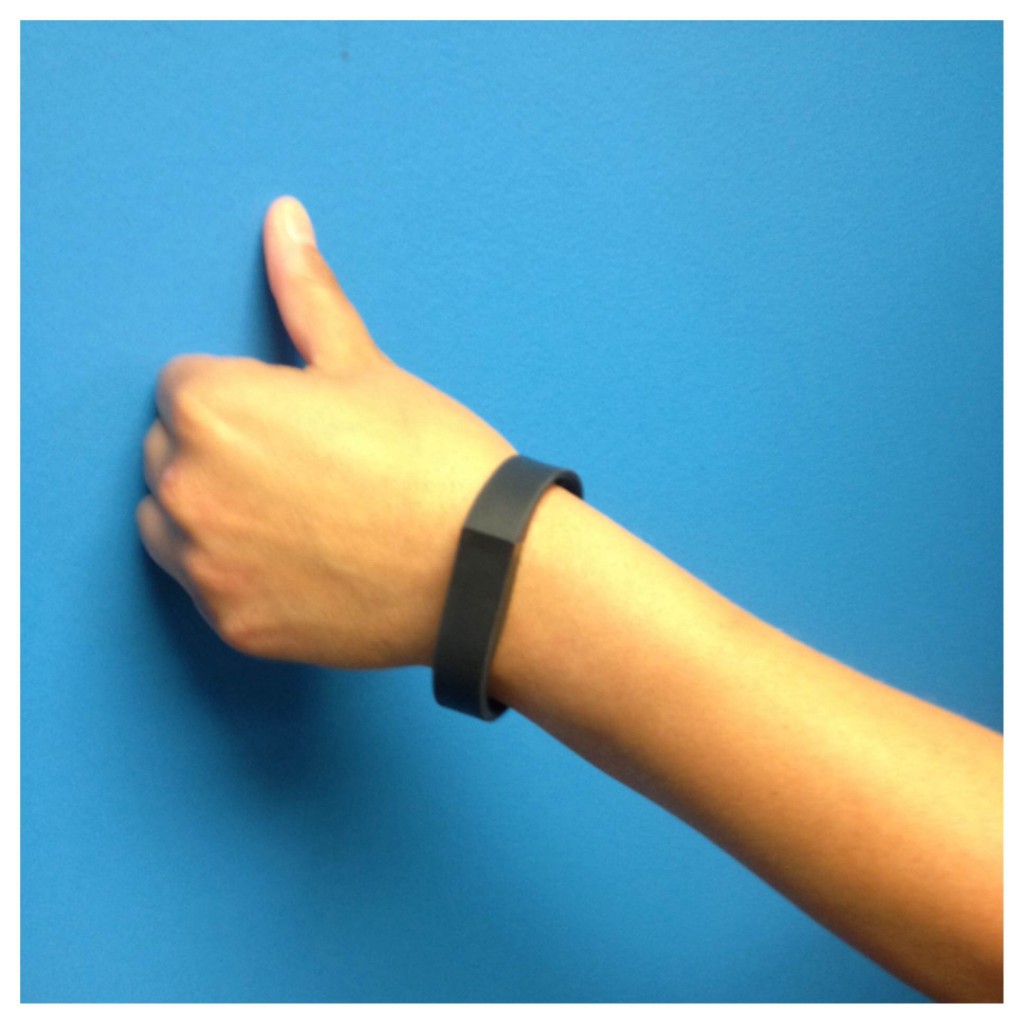 Personal activity trackers are one of the hottest fitness items on the market. Devices like the Fit-Bit, Nike Fuel Band, and Jawbone-Up lead the way and seem to be wrapped around everyone’s wrist. With proposed capabilities including calorie counting via a food log app, steps/distance covered, calories burned, and measuring sleep quantity/quality, it’s not surprising that these devices are so popular. However, how accurate are they? Are they worth $100 -200+?
Personal activity trackers are one of the hottest fitness items on the market. Devices like the Fit-Bit, Nike Fuel Band, and Jawbone-Up lead the way and seem to be wrapped around everyone’s wrist. With proposed capabilities including calorie counting via a food log app, steps/distance covered, calories burned, and measuring sleep quantity/quality, it’s not surprising that these devices are so popular. However, how accurate are they? Are they worth $100 -200+?
Claims
- Food Log Tracking: The food logging apps are very similar to the apps you can download for free on your phone. The band itself has no food logging abilities.
- Calories Burned: Calories burned MAY be fairly accurate for some individuals, for activities such as walking, running, and household chores. A recent study from Iowa State University showed that the number of calories burned varies by 10-15% from direct measures of energy expenditure on a treadmill. These data do not necessarily apply to everyone due to “adaptive thermogenesis”. Even the direct measures of energy expenditure can overestimate actual expenditure. This issue is why regular assessments and accurate food logging are critical for individuals having difficulty losing weight. In addition, the devices’ measurements of calories expended from other forms of exercise such as cycling and resistance training may be much different than your actual expenditure.
- Sleep Quantity: Recent research has found that the amount of sleep is overestimated in adults by about 67 minutes while it is underestimated in children by about 109 minutes.
- Sleep Quality: These devices measure quality by the amount of body movement during sleep. However, the stages of sleep are defined and measured by recording brain waves with electrodes placed on the head. These devices simply do not have the capabilities to gather any information on sleep quality.
- Steps/Distance covered: This is where you can find some significant value in personal activity trackers. Non-exercise-related energy expenditure is a HUGE component to weight loss. This blog delves a little deeper into the topic but for simplicity’s sake, non-exercise-related energy expenditure is the energy you burn from all activity not related to exercise (e.g., walking to and from your car, to and from your desk, an evening walk, doing a few loads of laundry). How much does this activity affect weight loss or maintenance? Well, take an average woman who has two days of identical caloric intake in a given week but on one of those two days she accumulated 8000 steps instead of 2000 due to a combination of taking stairs instead of elevators, parking further from her destinations, taking an afternoon walk, and doing some housework instead of watching TV. Those additional 6000 steps (approximately 3 miles) will result in approximately 220 additional calories expended on that day (a mile of walking is about 75 calories depending on fitness level and size). That may not sound significant, but if you expand it over a year, it’s an additional 76,650 calories expended (about 21 lbs of fat). Think you could find a use for those calories?
Take Home
As you can see, personal activity trackers can be a fun motivational tool but should not be trusted for precise data. They are reliable to examine trends in activity but by no means are a valid source of actual data on how many calories you burn per day. If they can help you get more active or work harder during exercise, they may be worth the $100-200 price tag!
About the Author:
-

Michael Stack is the founder & CEO of Applied Fitness Solutions and Frontline Fitness Pros. He is a faculty lecturer for the University of Michigan’s School of Kinesiology. He is also the creator and the host of the Wellness Paradox Podcast, produced in conjunction with University of Michigan.
Michael is an exercise physiologist by training and a health entrepreneur, health educator, and fitness industry advocate by trade. He is dedicated to enhancing the standard of practice of, and advocating for, fitness and wellness professionals to ensure they become an essential constituent in the healthcare delivery system.
With a career spanning over three decades in fitness, health, and wellness Michael has a deep knowledge of exercise physiology, health/wellness coaching, lifestyle interventions to mitigate chronic disease and leadership. He is credentialed through the American College of Sports Medicine (ACSM) as an Exercise Physiologist (ACSM-EP), Exercise is Medicine practitioner (ASCM-EIM), and a Physical Activity in Public Health Specialist (ACSM-PAPHS). Michael is a National Strength & Conditioning Association (NSCA) Certified Strength & Conditioning Specialist (CSCS), and a CDC Diabetes Prevention Program (DPP) Lifestyle Coach.
Michael received his undergraduate degree from the University of Michigan’s School of Kinesiology in 2004 and is currently a Master’s of Public Health (MPH) candidate at University of Michigan, with a specific concentration in health behavior and health education.
Michael is a board of directors’ member for the Physical Activity Alliance and Michigan Fitness Clubs Association. He sits on the University of Michigan’s School of Kinesiology Alumni Board of Governors. Michael is an expert curriculum reviewer for the American College of Lifestyle Medicine. Finally, he is a member of the executive leadership team for American Heart Association’s Heart Walk.
Michael lectures nationally for several health/fitness certification and continuing educations, including; IHRSA, the Medical Fitness Association, the National Strength & Conditioning Association, and SCW Fitness.
